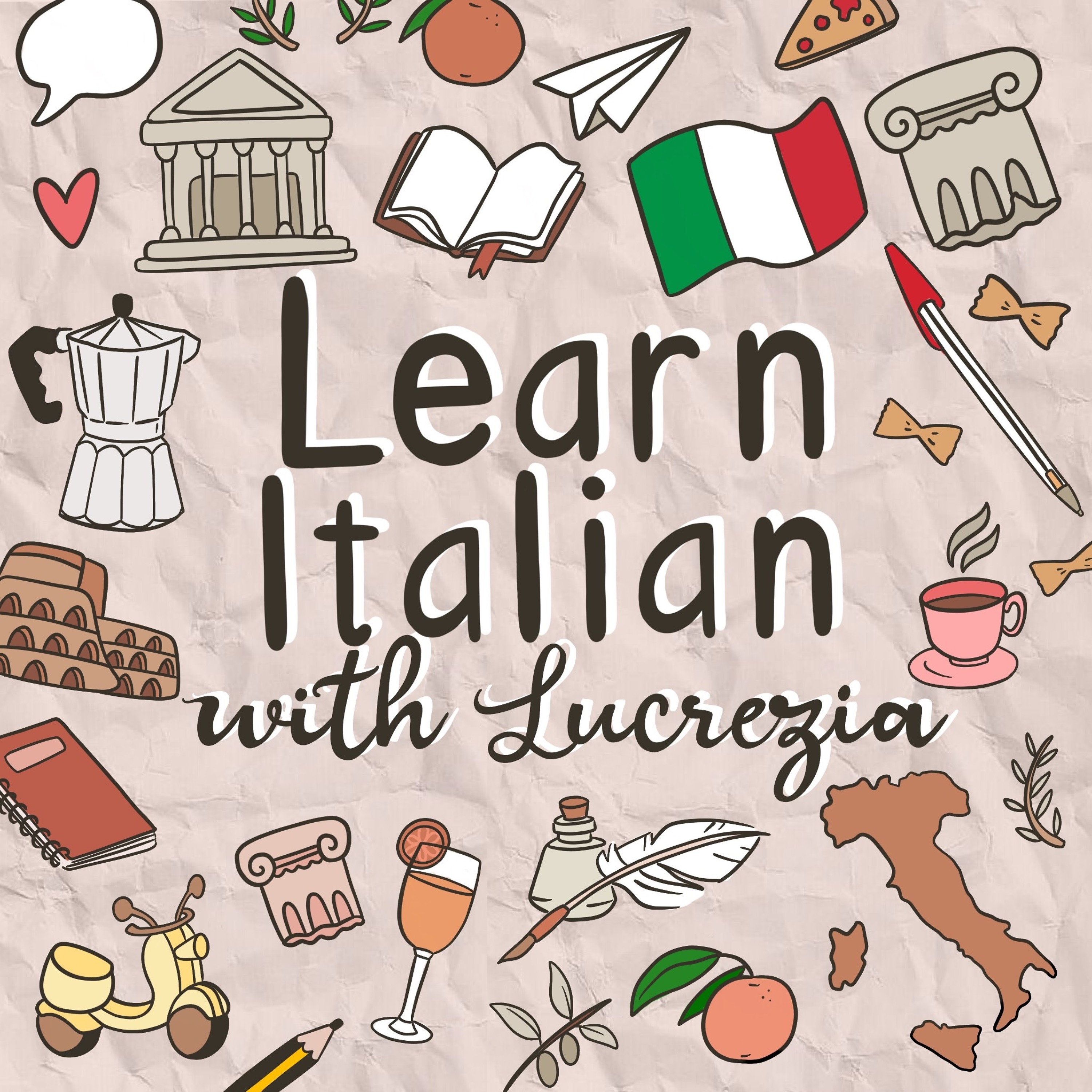
Episodio 90. Niente più paura di parlare italiano nel 2024 (con i vostri racconti divertenti)!
Learn Italian with Lucrezia
Deep Dive
Why is making mistakes important when learning a new language?
Making mistakes is an essential part of the language learning process. Errors provide opportunities to learn something new and can even lead to moments of laughter, helping to alleviate the fear of speaking.
What humorous story did Emily share about her Italian learning experience?
Emily shared that she once told people she had '18 ani' instead of 'anni' because she didn’t emphasize double consonants. Her friends eventually corrected her, and she never forgot the importance of double consonants again.
What funny mix-up did Adra experience during a New Year's Eve celebration?
Adra mistakenly referred to high heels ('tacchi') as 'tacchini' (turkeys) while speaking with his Italian girlfriend. Now, she jokingly calls her heels 'tacchini' whenever she wears them.
What confusion did Lisa have with the word 'preservativi' in Italian?
Lisa confused 'preservativi' (condoms) with 'preservatives' (conservants) while discussing healthy food with her Italian friend. This mix-up highlights the challenge of false friends in language learning.
What humorous mistake did Rebecca make while ordering gelato in Italy?
Rebecca didn’t know the Italian word for 'cone' and asked the gelato vendor in a way that amused him. She later learned the correct term is 'cono,' which is similar to the English word 'cone.'
What common false friend did Jim encounter while learning Italian?
Jim mistakenly used 'eccitato' (aroused) instead of 'emozionato' (excited) while speaking with his teacher. This is a classic example of a false friend between English and Italian.
What funny error did Katie make when trying to say 'it makes sense' in Italian?
Katie said 'fa senso' instead of 'ha senso,' which in Italian can imply something is disgusting. Her teacher corrected her, and she never forgot the proper phrase.
What humorous mix-up did Christian have while discussing fairy tales in Italian?
Christian referred to 'i tre porcellini' (the three little pigs) as 'le tre piccole porchette,' which caused laughter among his classmates. This highlights the challenges of vocabulary in language learning.
What confusion does JJ have with the words 'noioso' and 'seccante' in Italian?
JJ struggles to differentiate between 'noioso' (boring) and 'seccante' (annoying) because he associates 'noioso' with 'annoying' due to their similar sounds. This is a common challenge for learners dealing with false friends.
- esorcizzare la paura di parlare italiano
- fare errori è inevitabile e fa parte del processo di apprendimento
- trasformare gli errori in momenti divertenti
Shownotes Transcript